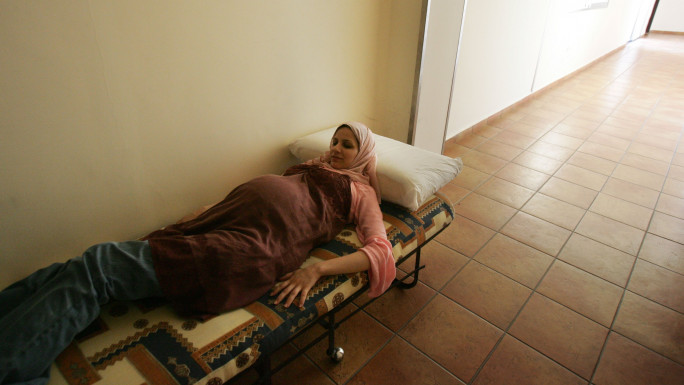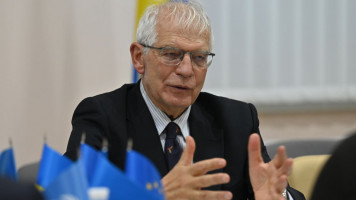Kuwaiti emir pardons dissidents with decree in long awaited move
Kuwait's emir issued a long-awaited amnesty decree, pardoning and reducing the sentences of nearly three dozen Kuwaiti dissidents in a move aimed at defusing a major government standoff.
The royal decree, published late Saturday in Kuwait's official gazette, said Emir Sheikh Nawaf Al Ahmad Al Sabah had cut the sentences of 11 politicians who had landed in prison for storming the country's parliament amid the 2011 Arab Spring uprisings, as well as pardoning and softening the sentences of 24 others.
As pro-democracy protests swept the region in 2011, scores of prominent Kuwaiti opposition figures and lawmakers forced their way into Kuwait's parliament building, calling for the removal of the prime minister, whom they accused of corruption.
The country's highest court sentenced several Islamist lawmakers to years in prison, including Musallam al-Barrack, a major opposition leader who had also served a two-year sentence on separate charges. Al-Barrack and other dissidents pardoned Saturday had been living in self-exile in Turkey for years.
Also pardoned were members of a group known as the al-Abdali cell, whose arrests for links to Shiite powerhouse Iran touched on sensitive sectarian issues in Kuwait, a Sunni-majority country that has previously faced suicide bombings and other attacks. Authorities launched a wide-ranging crackdown against suspected Islamic extremists and dismantled the al-Abdali group in 2015.
Photos shared on Kuwaiti social media on Sunday showed families of the inmates crowded outside the country's Central Prison, embracing and weeping their pardoned relatives dressed in white garb.
The amnesty marks a breakthrough in a long-simmering standoff between the emir-appointed government and the parliament, the most empowered legislative body among the desert sheikhdoms of the Persian Gulf. The parliament can introduce laws and question ministers, though the country’s emir retains ultimate authority and ruling family members hold senior posts.
Tensions between opposition lawmakers and state officials have reached a fever pitch, blocking efforts to initiate economic reforms and pass a debt law that would relieve badly strained state finances. The government resigned last week for the second time this year, a move that analysts said could lay the groundwork for new appointments amid the emir's much-anticipated amnesty.
Sheikh Nawaf on Sunday formally accepted the government's resignation, the state-run KUNA agency reported.






 Follow the Middle East's top stories in English at The New Arab on Google News
Follow the Middle East's top stories in English at The New Arab on Google News
![Gazans reel after Israel strike [Getty]](/sites/default/files/styles/image_330x185/public/2183300682.jpeg?h=a5f2f23a&itok=fN-GAQGE)

